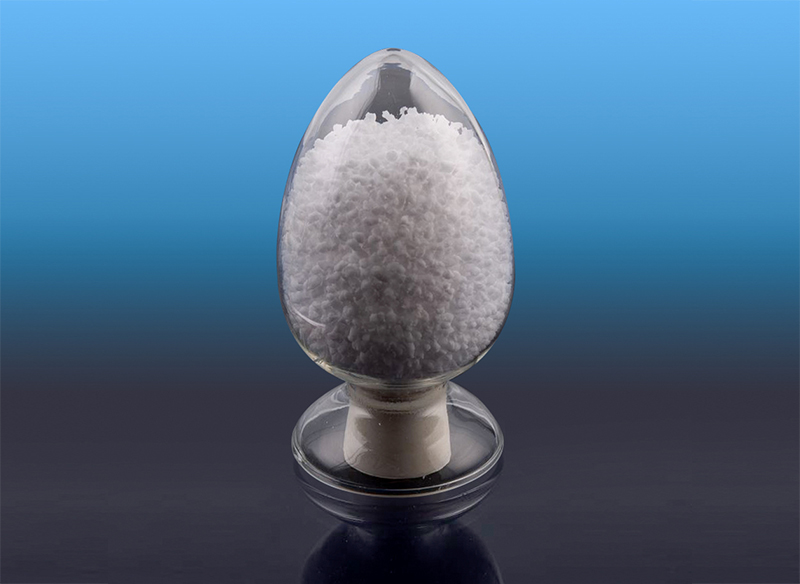What are the advantages of using SBS in asphalt modification?
Using Styrene-Butadiene Block Copolymer (SBS) in asphalt modification offers several distinct advantages, making it a popular choice for improving the performance and durability of asphalt. Some of the key benefits include:
Improved Elasticity and Flexibility
SBS-modified asphalt provides greater elasticity, allowing the pavement to flex under varying temperatures and traffic loads without cracking. This enhanced flexibility helps prevent issues such as thermal cracking and rutting, which are common in traditional asphalt, especially under extreme weather conditions.
Enhanced Durability
The incorporation of SBS improves the long-term performance of asphalt by increasing resistance to aging and oxidation. SBS helps the asphalt maintain its properties over time, reducing the rate of wear and tear caused by UV exposure, traffic, and environmental conditions.
Increased Resistance to High Temperatures
SBS-modified asphalt exhibits superior high-temperature stability, making it more resistant to rutting and shoving that can occur in hot climates. This is especially beneficial for roads subjected to heavy traffic and high ambient temperatures, where traditional asphalt may soften or deform.

Better Low-Temperature Performance
SBS enhances low-temperature flexibility, reducing the risk of thermal cracking during cold weather. The modified asphalt remains more pliable at lower temperatures compared to regular asphalt, ensuring that the surface maintains its integrity even during freezing conditions.
Improved Workability
The modified asphalt is easier to handle and work with during application due to its improved flow and malleability. The presence of SBS allows for better compaction and uniform distribution, improving the overall quality and finish of the asphalt layer.
Enhanced Waterproofing and Skid Resistance
SBS-modified asphalt provides better waterproofing properties, making it more resistant to water penetration. This leads to longer-lasting pavements that are less prone to damage from moisture and freeze-thaw cycles. Additionally, SBS enhances skid resistance, making the pavement safer for vehicles, particularly in wet or icy conditions.
Cost-Effectiveness in the Long Term
Although SBS-modified asphalt may involve higher initial costs compared to conventional asphalt, it leads to lower maintenance costs and longer service life of the pavement. The durability and performance benefits reduce the frequency of repairs and resurfacing, making it more cost-effective over time.
Environmental Benefits
SBS-modified asphalt can potentially reduce the need for frequent road repairs, which in turn can reduce material consumption and construction waste. Additionally, the increased durability of the pavement can lead to lower emissions from road maintenance activities and vehicles, contributing to more sustainable infrastructure.





